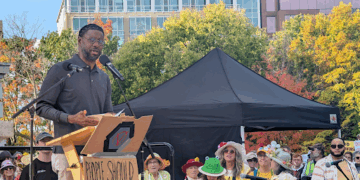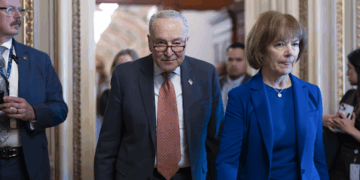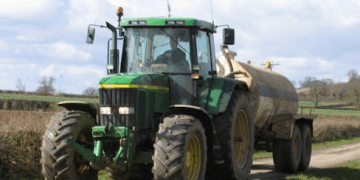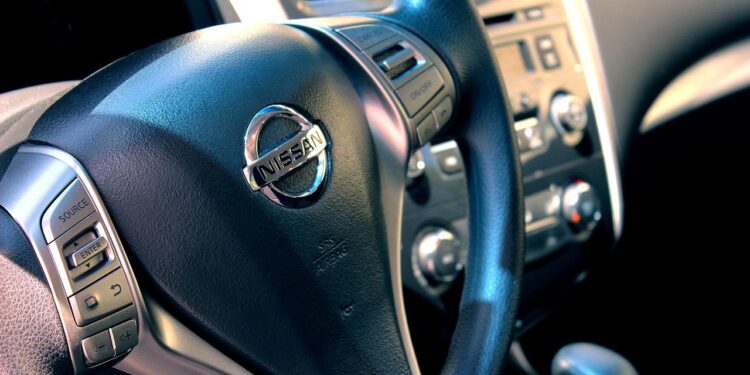A new bill proposed by Wisconsin Republicans would require voter approval before local governments implement or renew wheel taxes— annual vehicle registration fees used to fund road maintenance and transportation projects.
More than 50 Wisconsin municipalities have a wheel tax in place, as well as 14 counties. Under the proposal, any existing wheel tax would be eliminated if local voters fail to approve it in a referendum held within eighteen months after the bill becomes law. The implementation of a new wheel tax would only occur if a majority of voters approve it.
State Rep. Dave Maxey (R) is one of the bill’s authors. “Just as schools must go to referendum when they want to raise revenue, local government should do the same when proposing a wheel tax,” Maxey said. “Taxpayers deserve transparency, accountability, (and) above all, a voice on how their money is spent.”
GOP lawmakers say wheel taxes lead to taxation without representation, while local government leaders say this bill will create difficulties for communities when funding road and transportation projects.
Evan Miller, a lobbyist with the League of Wisconsin Municipalities, said this bill will cause local communities to struggle even more when it comes to transportation and road repairs.
“The wheel tax is the only remaining viable and reliable solution for municipalities to fund local transportation projects on their 21,000-plus road miles,” Miller said. (RELATED: Wisconsin Moves Toward Digital Driver Licenses—But Privacy Critics Pump the Brakes)
Milwaukee Mayor Cavalier Johnson (D) introduced a substitute ordinance to raise the city’s wheel tax from $30 to $40. If council members pass the ordinance, the city could gain $2.7 million, but only if Johnson’s proposed budget is approved.
Johnson opposes the bill, saying the city has a responsibility to maintain transportation. (RELATED: ‘Let Them Sue’: Wisconsin GOP Bill Targets Doctors Over Gender Procedures)
In Wisconsin, wheel taxes range from $10-$40 annually, in addition to the yearly state vehicle registration tax. Wheel taxes have been becoming more popular in recent years, as there were only four communities that had one in 2011, compared to the more than 50 communities that have one now.
































